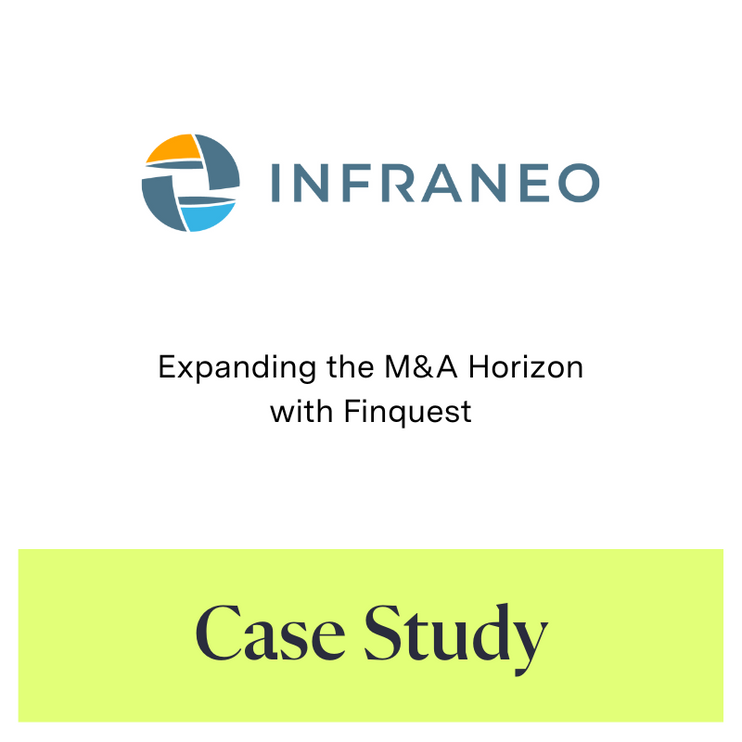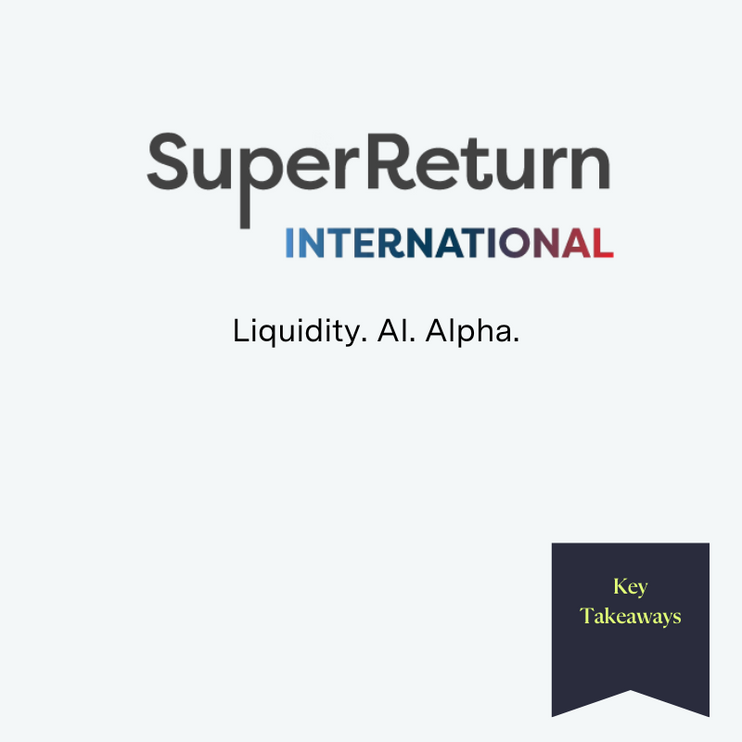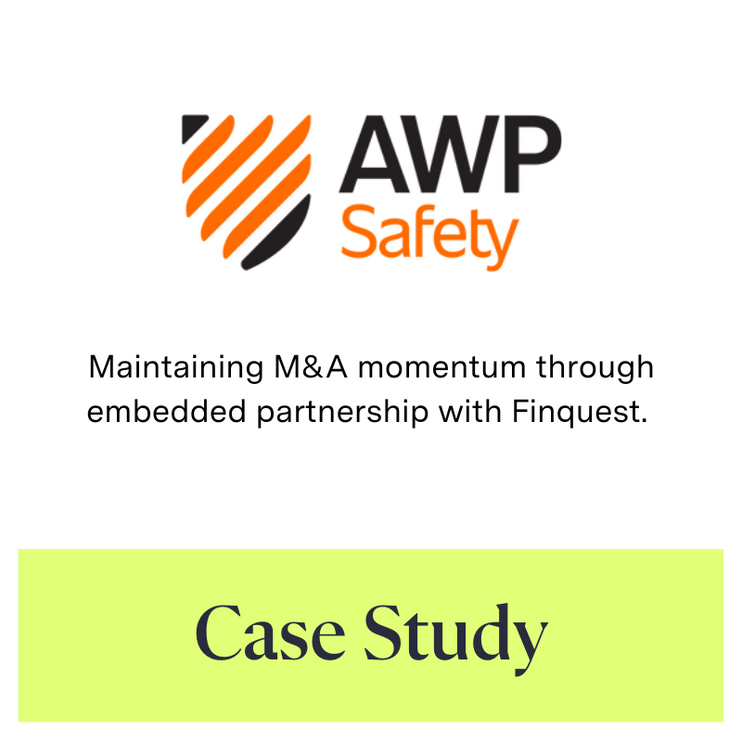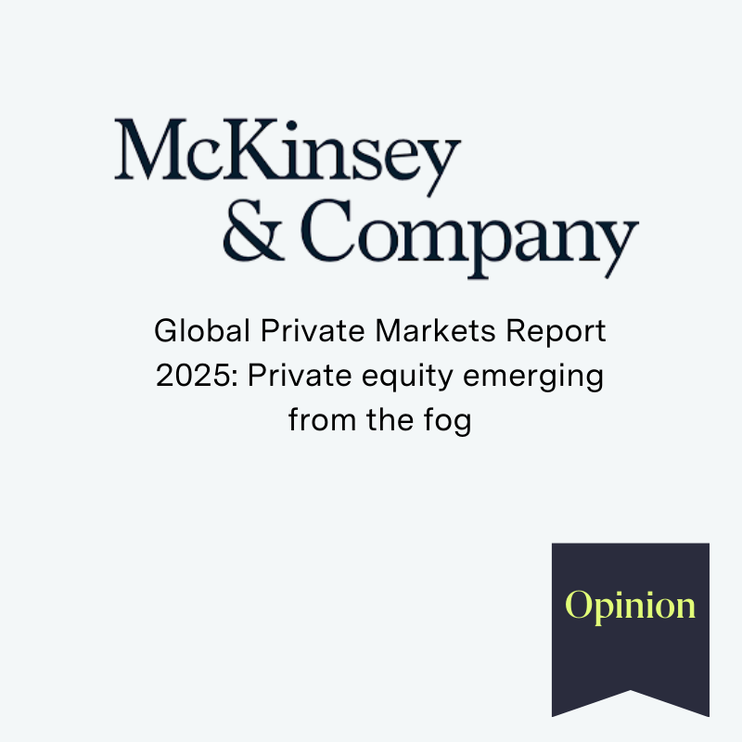
The Cost of Being Opportunistic in M&A
At Finquest, our discussions with hundreds of Corporates over the last eight years have revealed a significant difference between them and their Private Equity counterparts: a notably lesser sense of urgency to get a deal done.
Understanding the Core Differences Between Corporates and Private Equity
This is not surprising given the core business models of these entities. Private Equity firms are built to raise and swiftly deploy capital, aiming to create value through sound investment decisions and eventually return that capital, plus profits, to their investors. In contrast, Corporates’ core focus is on running their operations, pursuing M&A opportunities only when they align with their broader strategy for inorganic growth.
This fundamental difference shapes the Corporate approach to M&A, often leading to a more opportunistic stance. While we realize that Corporates have a broader array of capital deployment options, the competition for viable acquisitions remains high. In this context, an opportunistic approach in a highly competitive market can be costly and create severe disadvantages.
The Drawbacks of an Opportunistic Approach
While being opportunistic doesn’t sound too bad at first glance – who wouldn’t want to seize a good opportunity when it arises? – the reality is that relying on inbound opportunities will lead to acquisition decisions being made based on what you are being shown, vs. what would drive the most synergies and value. Companies that perform well may not have a pressing need to sell or may not have considered it yet, and thus require a proactive approach to be identified and nurtured until ready for acquisition. That is where Corporates actually have an advantage over their Private Equity counterparts – with less pressure to close deals quickly, Corporates can spend time nurturing relationships with such companies, positioning themselves well to beat their competition to the post.
The Finquest Solution: Proactive Market Mapping
The answer – and why Finquest exists – is to proactively map your market, enabling you to identify off-the-beaten-track companies and spend time building relationships with the most promising ones.
The Corporates we work with have seen the light and are out there beating the competition left, right, and center. But not all Corporates see this opportunity. In fact, common arguments we hear include:
- “We know our space”: a belief that they have a comprehensive understanding of all the available opportunities, so why spend money to see if there’s anything else out there?
- “We have a pipeline”: a notion that their current deal flow is sufficient, so why pay to see more targets?
- “Bankers know us”: reliance on the process of receiving inbound opportunities for free, so why pay for it?
There is a theme here and it boils down to: “Why pay for deal sourcing when I have it covered?” And it is this sense of self-sufficiency that leads to the opportunistic approach I have described.
So, you’re probably wondering now, “Sure, and what’s wrong with it?”
Why Private Equity Firms Outpace Corporates in M&A
Let’s examine the competition: Private Equity firms. These are professional investors whose mission is to deploy capital efficiently, create value, and generate a profit. They are constantly looking for ways to refine and improve. To get to the best deal sooner, and certainly ahead of their competition.
So today, Finquest serves hundreds of PE firms representing over USD 3 trillion of PE AuM. Why? Because these PE firms have acknowledged that the opportunistic route will no longer suffice. Times have changed. Competition has increased, expectations from Limited Partners have grown, and macroeconomic conditions have worsened – to name just a few. That means that ensuring they invest in the best target (not just a target), has become far more critical to the profitable-investment end-game.
The High Stakes of Modern M&A for Corporates
For Corporates, although the business model differs, the end goal is the same: a successful acquisition that drives revenue, expands geographic footprint, adds new business lines, and generates synergies. Corporate CEOs seeking to create value through M&A must recognize that velocity matters because the rules of “time-based competition” still apply.
With the challenges I have outlined above, the stakes have increased and one thing is for certain: remaining passive and opportunistic is no longer good enough. Corporates that wait for opportunities are in effect handing over the fate of their M&A strategy to bankers/brokers, missing out on the proprietary opportunities that will have a meaningful impact on their business. Private Equity firms have understood this. So have those Corporates who are working with us. If you have yet to adapt, I invite you to reach out and take control of the success of your M&A plans.
The Advantages of Proactive Deal Sourcing
If this narrative isn’t enough to convince you, here are some advantages of proactive deal sourcing:
- Access to a broader spectrum of opportunities – proactive deal sourcing enables Corporates to uncover a wider array of potential targets, aligning more closely with strategic objectives, including those not actively marketed for sale.
- Early identification of market trends – actively seeking targets, and engaging with them early, keeps Corporates ahead of market trends and emerging opportunities, allowing them to capitalize on favorable market conditions or disruptive innovations.
- Competitive advantage – a proactive stance on deal sourcing allows Corporates to secure deals ahead of competitors, gaining first-mover advantages in market consolidation or asset acquisition.
- Strategic fit optimization – focused searches based on specific criteria (such as industry, geography, tech capabilities, or market position) ensure that acquisitions complement existing business operations and growth objectives.
- Enhanced negotiating power – with a larger pool of potential targets, Corporates can engage in competitive bidding processes, negotiate more favorable terms, and drive better value for shareholders.
- Risk mitigation – a diversified acquisition pipeline reduces dependence on a single target and mitigates risks associated with deal failures or missed opportunities.
- Long-term growth potential – continuously replenishing the acquisition pipeline allows acquisitive Corporates to sustain their growth momentum, expand their market presence, and drive shareholder value over time.
- Improved due diligence – proactive deal sourcing gives Corporates more time for thorough due diligence, allowing them time to properly assess the strategic, financial, and operational aspects of each opportunity in detail, minimizing the risk of post-acquisition integration challenges and unforeseen issues.
Why Proactive Deal Sourcing is Essential for Success
Ultimately, proactive deal sourcing empowers acquisitive Corporates to identify, evaluate, and pursue strategic opportunities that align with their growth objectives, maximize value creation potential, and maintain and competitive edge in the market.
And today, success in M&A hinges on the strategic vision and proactive actions of corporate leaders. The era of relying on opportunistic deal sourcing is ending, replaced by a need for deliberate and nimble acquisition strategies. As competition intensifies and the stakes rise, the corporates that thrive will be those who understand this dynamic.
I believe strongly that adopting a proactive approach to deal sourcing is not just a tactical advantage – it’s essential.
At Finquest, we are dedicated to helping forward-thinking corporates shift their M&A strategy from reactive to proactive, helping you meet your growth objectives. If you’d like to learn how, drop me a line.
About the Author:
Gerard Belicha is CRO & Co-Founder of Finquest.
A seasoned banker and entrepreneur, Gerard has over 20 years of experience in deal origination, sales, emerging markets, corporate finance, and risk management. He is also an affiliate founding partner of True Global Ventures and a mentor at the University of Lausanne. He holds a master’s degree in finance from HEC Lausanne and is a certified master practitioner of neuro-linguistic programming. He lives in Hong Kong with his wife and two children.



